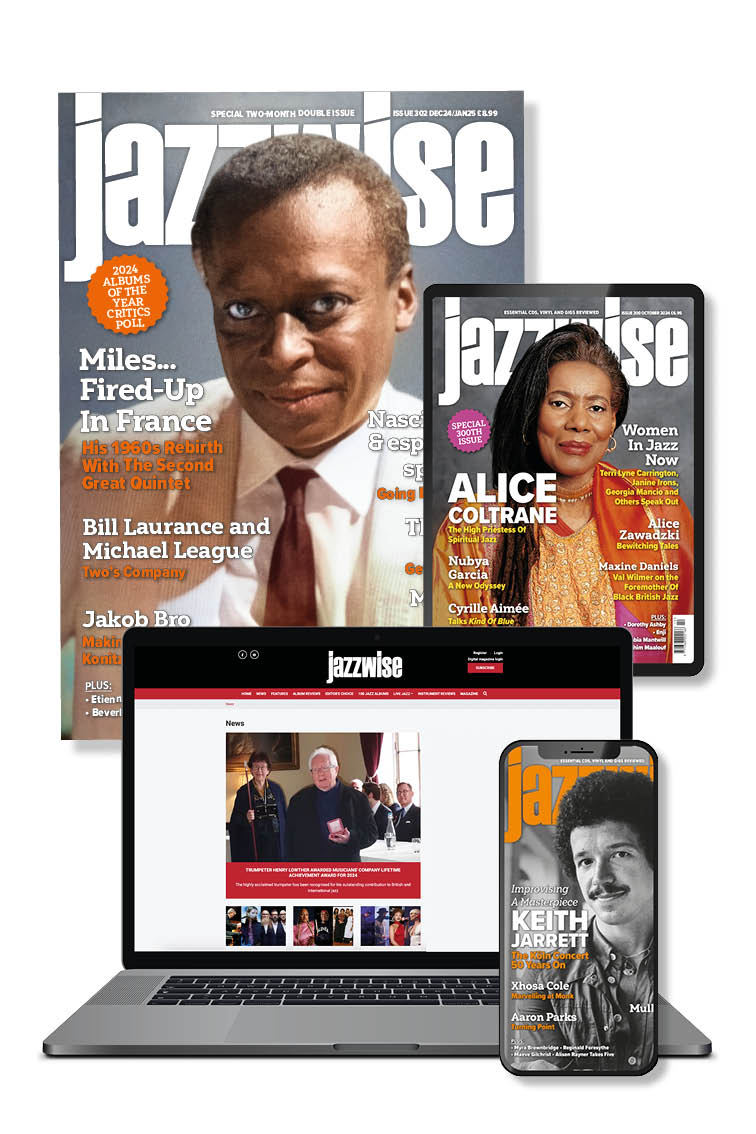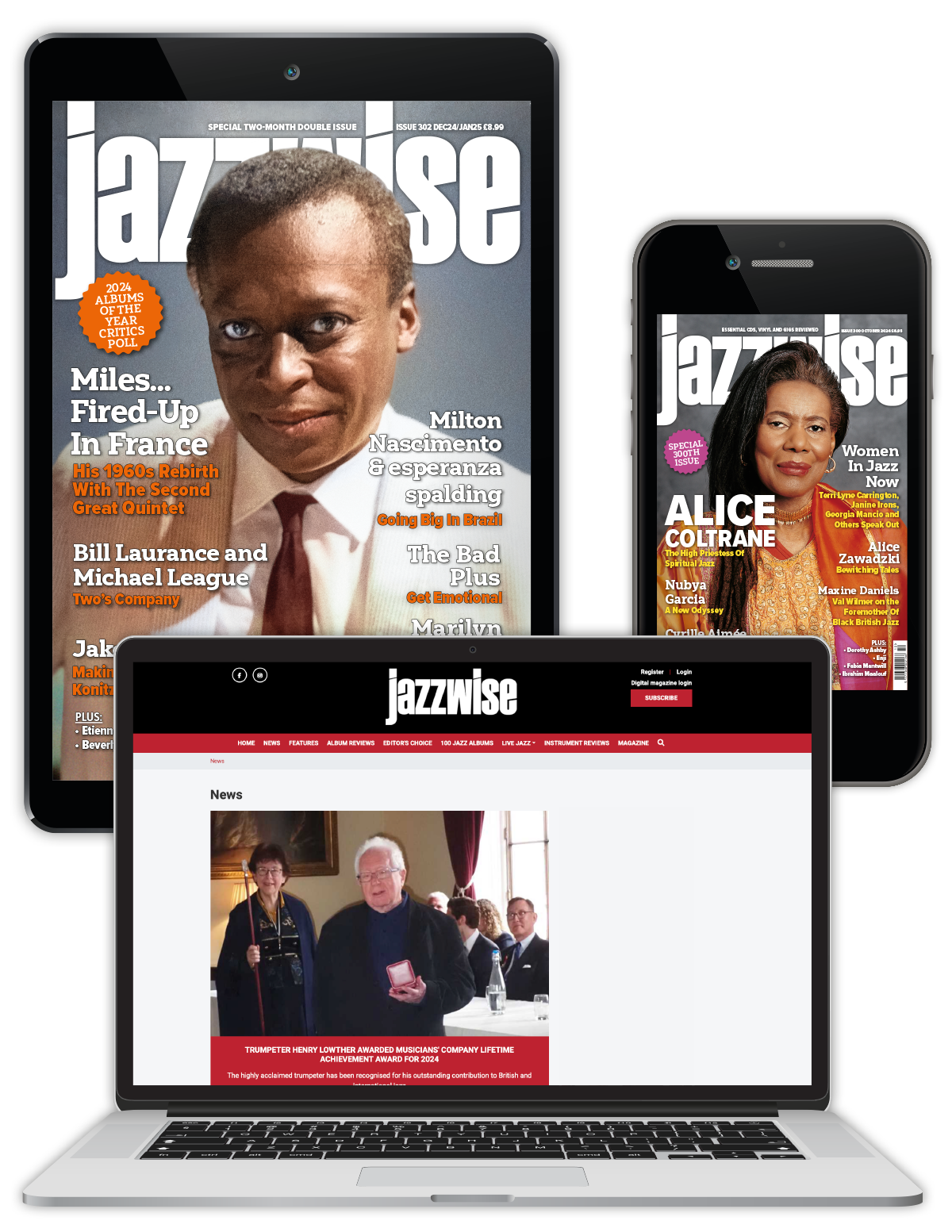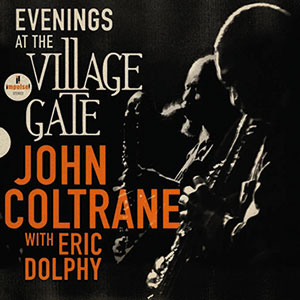John Coltrane/Eric Dolphy: Evenings at the Village Gate: John Coltrane with Eric Dolphy
Editor's Choice
Author: Stuart Nicholson
View record and artist detailsRecord and Artist Details
Musicians: |
John Coltrane (ts, ss) |
Label: |
Impulse! |
Magazine Review Date: |
August/2023 |
Media Format: |
CD, 2 LP, DL |
Catalogue Number: |
5551419 |
RecordDate: |
Rec. August 1961 |
There have been some fascinating, and absorbing, discoveries of previously unissued Coltrane material culled from a variety of sources, but this one takes the biscuit. A private recording taken by the sound engineer at the Village Gate nightclub in Greenwich Village without Coltrane’s permission somehow went missing, was found again and then disappeared, only to turn up in the holdings of the New York Public Library for the Performing Arts, discovered by a Bob Dylan researcher – easily the most circuitous route to release of all the Coltrane discoveries.
The sound quality is not up to Impulse’s own recordings of Coltrane with the same group made three months later, originally issued as Live at the Village Vanguard. But it’s good enough, adding something of a bootleg-ish edge to the discovery. Dolphy’s feature on bass clarinet on ‘When Lights Are Low’ has something of a bassoon-ish quality that is hauntingly eerie.
Coltrane’s current release at the time was My Favorite Things, on Atlantic, also released as a single, which was doing well, pulling sales for album in. The simple-triple time groove which Jones works through gives the piece a swaying, hypnotic feel that is as good as any version Coltrane recorded, while Coltrane himself, working with a number then fresh to his repertoire has animation that later versions that often surrendered to ritualistic recapitulation.
The formula is repeated on ‘Greensleeves,’ which the group had recorded three months earlier with an augmented ensemble on Africa/Brass. It’s Tyner’s arrangement, and the Coltrane/Dolphy mutual admiration society push each other to compelling effect.
The album highlight is their version of ‘Africa,’ again from the Africa/Brass sessions. On the new material there is a sense of exploration and discovery, building on the D minor drone/pedal both harmonically (related harmonies) and linearly (in Dolphy’s case using unexpected intervallic leaps and fragmented lyricism).
Tyner, who had been playing with Coltrane for about a year when this was recorded, was well into his powerful unifying role between saxophone and drummer, aware (finally) that he had to compete with Jones’ volume to be heard, yet retain a coherence and identity of his own. His solos and ‘Impressions’ and ‘Favorite Things’ underlinine what an important component of Coltrane’s quartet/quintet he was becoming.

Jazzwise Full Club
- Latest print and digital issues
- Digital archive since 1997
- Download tracks from bonus compilation albums throughout the year
- Reviews Database access
From £9.08 / month
Subscribe
Jazzwise Digital Club
- Latest digital issues
- Digital archive since 1997
- Download tracks from bonus compilation albums during the year
- Reviews Database access

